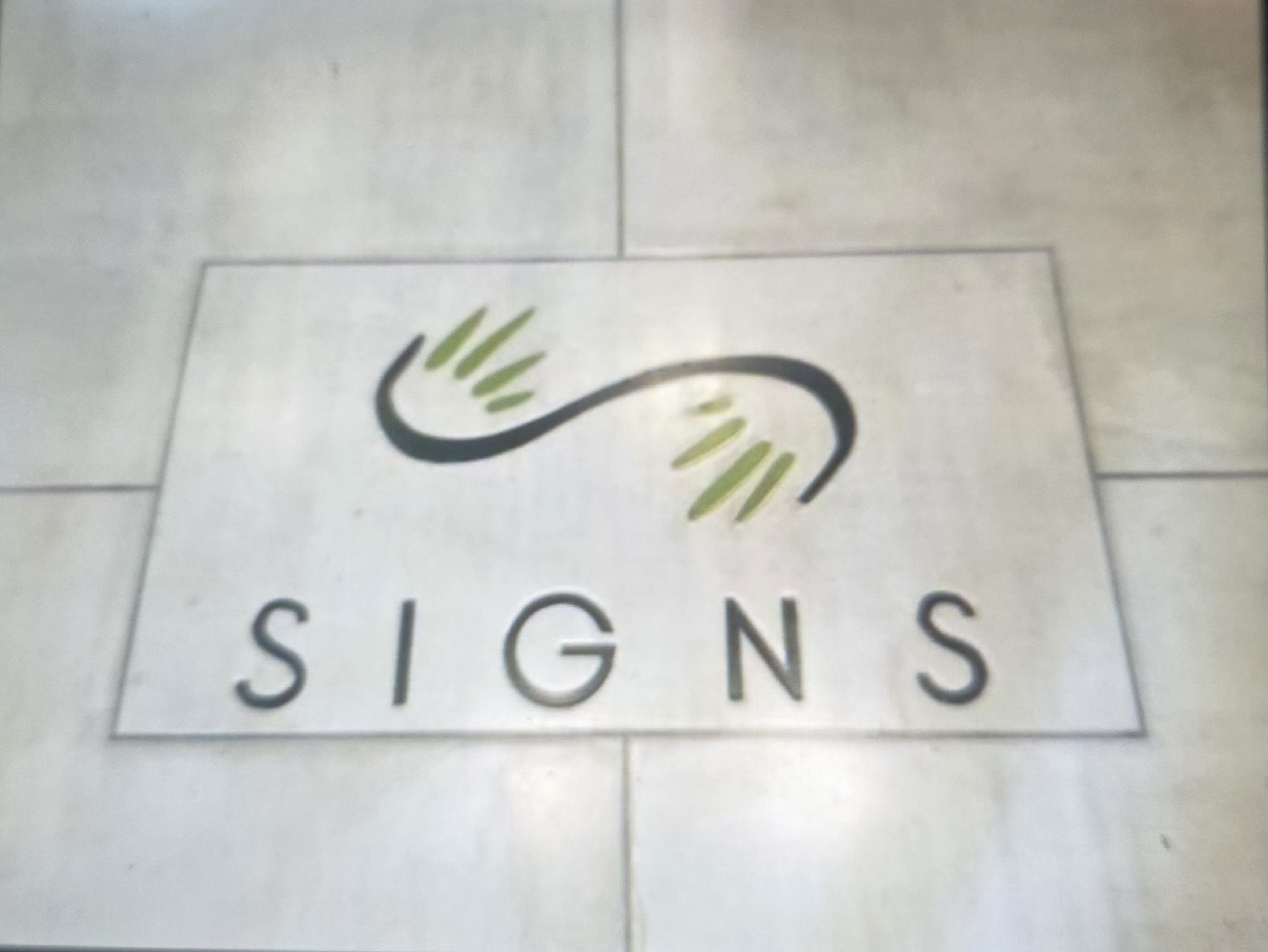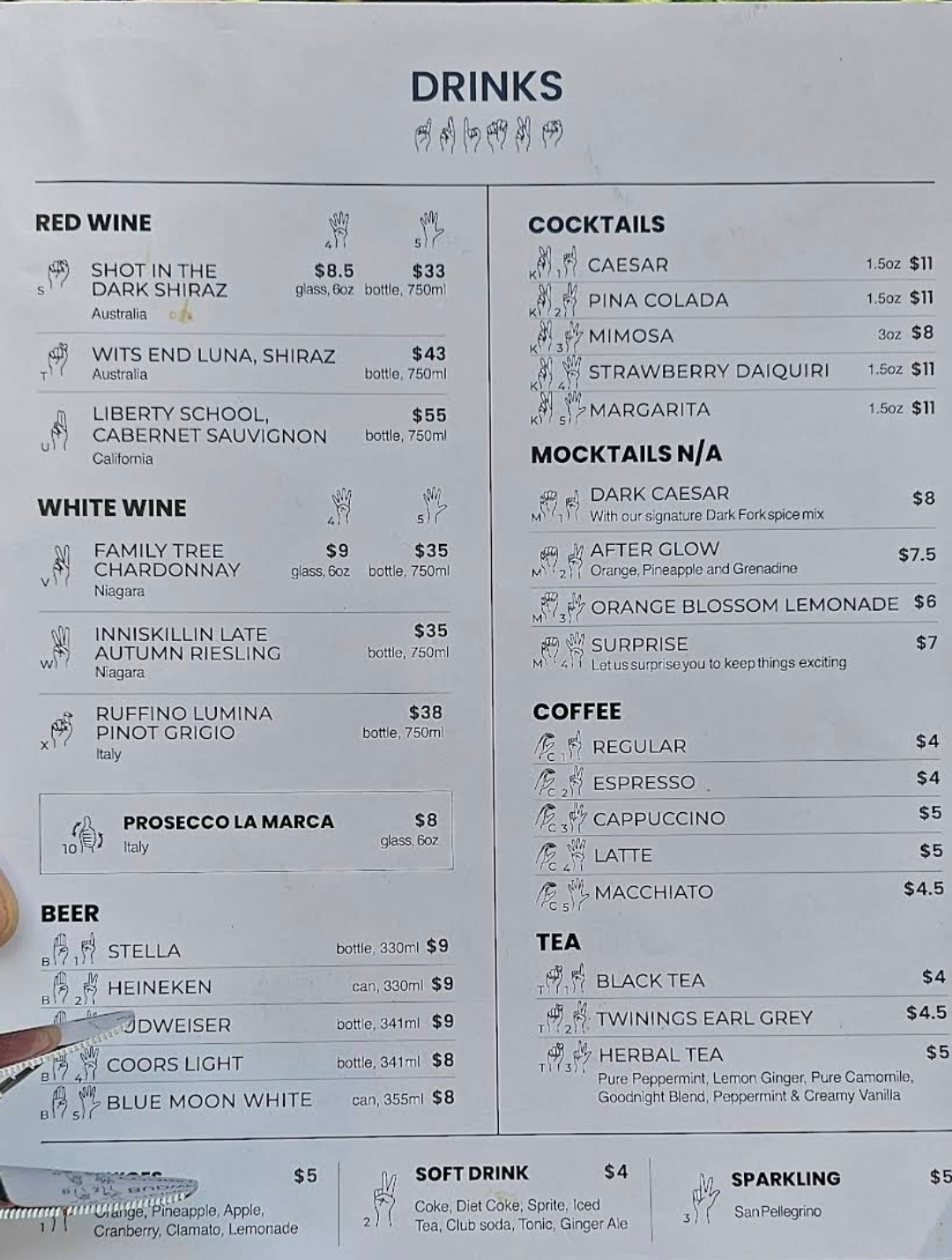Warren
1. Where did he find the name Humber College?
Some people he met through work went to Humber College and explained all the details to him, it's in Toronto, Ontario.
2. Where did he learn from?
He learned from Six Feet Under, it's a tv show from 2001 - 2005 about a family of Funeral Director who live inside their Funeral Home. (Its one of his favorite show)
3. What courses did he take?
He took courses are lots: embalming (very important), business, biology, law, English, cosmetology (make - up), restorative art (how to use wax to "make new body parts"), grief issues (how to help people who are upset), arrangements (paperwork), all about diseases, etc.
4. What did he learn about victims face for make up?
He don't use a lot, unless he have to, it's a different make up company, than from Shoppers, funeral directors use a different kind of make up called "Dodge" - its thicker, like cement.
5. What did he learn when he and his team stand up both sides about hearself?
He already knew from work before he went to Humber College BUT its also important that when he take out the casket (not coffin in Canada), I need six pallbearers to carry it: three on each side.
6. How long have he take Intership?
20 years ago, every Funeral Director had to do two years for intership, that, mean s one year in Toronto, Ontario and two years for Intership but Humber College decided that was too much. When he was doing his intership it was one year in Toronto, Ontario at Humber College and one year Intership.
7. Did he graduated?
Yes, he did graduated in 2018 / 2019.
8. Did he get Funeral Director?
Yes, he did because he need to have one to work. If he had zero lience, he not allowed to do embalming., to get his license, first he have to graduate both Humber College and Intership.
Then, he have two exams: law and "everything", both are very long exams - lae was 280 questions and "everything, wasx100 questions they don't tell him your mark, just if he passed or not.
Lots of studying
10. How many did he find jobs?
Lots:
- Ottawa Mortuary Services: 2012 - 2014
- Eastern Ontario Removed Services: 2015
- First Memorial Funeral Services: 2015 - 2016
- First Memorial Funeral Services (Intership) 2018 - 2029
- Tubman Funeral Home 2019
- Basic Funeral (same company as Turman) 2019
- First Memorial Funeral Services 2020 - 2022
- Barker Funeral Home (Carleton Place, Ontario) 2022
- Capital Funeral Home/Kelly Funeral Home 2022 - to the future
10. When did he involved that he wore black suit behind post at work?
He was working at First Memorial, in 2019 and the boss asked him to interpreter for a zoom., call for funeral services, he agreed, it was in front of over 80 people, on camera.
The boss's boss even interviewed him after for a newsletter, over 300 people read it.
My COMMENTS: Last Saturday February 4th, 1984 when I was 19 years old that I had my first funeral service for my late Great Uncle's funeral at Reynolds Funeral Home in Bracebridge, Ontario.
My COMMENTS: Last Sunday February 1st, 2004 when I was 40 years old that I had my second funeral service for my friend teacher Mr. Denniss' late youngest daughter Londa's funeral at McCelland & Slessor in Barrie, Ontario.
My COMMENTS: I bought glass block from Michaels store and sticker "Funeral Director" from Red Bubble also bought dim light with wire from Walmart for my son Warren's Christmas gift 2022.
My COMMENTS: I ordered glass coffin from Michaels store and sticker with "Gold Cross" from Michaels store also bought dim light with wire from Walmart for my son Warren's Birthday gift 2023.
Lori Kober
LORI: I knew this job was available because I called the state’s Funeral Director Association in South Dakota, they mentioned this funeral home had a job opening. I came for an interview and it was with an older couple who had never met a deaf person before! They hired me on a 6-month trial basis, so I worked on the weekends while I taught ASL temporarily in Sioux Falls.Then they hired me full time in June and stayed with them for 12 years. I’ve always wanted to work in a funeral home but never thought about owning my own funeral home until about one or two years before I bought one. When I started thinking about it, I asked the hearing community here in Vermillion and Elk Point — they all said “Why not?! Buy a funeral home, you can do it!” It was very tough and wasn’t easy, there were many setbacks, not to mention the owner wanted a certain amount of money. This meant I had to go to banks but I kept getting declined. I didn’t give up even though three banks declined my loan application. Eventually, I finally got an SBA loan for women in small businesses, that loan certainly helped! It’s been almost 12 years since I bought this funeral home.
Black and white clip of Lori prepping chemicals in the embalming room while a covered body is on the table.
LORI: I’ll be honest with you, a lot of deaf people and kids are shocked when they find out I own a funeral home! They always ask why and how — I like explaining because it is fascinating. It’s weird at first but they get used to it.
Black and white clip of Lori and an assistant walking through a back room pulling a casket. White text appears at the bottom center, “We all know what it’s like to enter a funeral home as the only deaf person there with other hearing people who don’t sign. Here, deaf people have access to what actually happens behind the scenes. This helps their grieving process.” Light blue text “- Lori” and a light blue line outlines the left side of the text.
LORI: I’m on call 24 hours, every day, all day. Oftentimes, people pass away at night. Which means, around 2 or 3 AM, I wake up and pick up the body then bring it back to the funeral home to embalm it. You can’t predict when a person dies, you have to make sure your funeral home is ready. I often meet with the families at nursing homes or hospitals. I set a time for them to come to finalize funeral arrangements before I contact a pastor — that way all of us are on the same page.
Black and white clip of Lori and an assistant rolling a casket towards an open hearse door and lifts the casket into the door.
LORI: Once I pick up the body, I like to embalm it fairly quickly. When a body stiffens up, they build blood clots which makes it harder for the chemicals to go through the body. So I prefer to embalm it quickly. It lasts about a week. If the family prefers to have their funeral in two weeks instead — this means I have to use a stronger chemical to preserve the body longer.
Black and white clip of Lori sitting in the driver’s seat of a hearse while a garage door opens.
LORI: I LOVE my job! It’s always different every day, it’s never the same — you know like, working in front of the computer all day and come home for dinner — it’s always different. Sometimes it’s quiet in the morning before it gets really busy in the afternoon with a car accident or a murder. I really like having unique days. I also really like helping families. I need people like YOU to be like me! You can do anything! If you’re interested in working in a funeral home, go for it! If you need any information, you can contact me.
Black and white clip of Lori going through drawers while a covered body lays on the table. Video cuts to a dark blue background. Red alphabet letters of “N-A-D” in American Sign Language appears one by one in the center of the video. The copyright text appears in white underneath, “National Association of the Deaf.
Black and white clip of Lori prepping chemicals in the embalming room while a covered body is on the table.
LORI: I’ll be honest with you, a lot of deaf people and kids are shocked when they find out I own a funeral home! They always ask why and how — I like explaining because it is fascinating. It’s weird at first but they get used to it.
Black and white clip of Lori and an assistant walking through a back room pulling a casket. White text appears at the bottom center, “We all know what it’s like to enter a funeral home as the only deaf person there with other hearing people who don’t sign. Here, deaf people have access to what actually happens behind the scenes. This helps their grieving process.” Light blue text “- Lori” and a light blue line outlines the left side of the text.
LORI: I’m on call 24 hours, every day, all day. Oftentimes, people pass away at night. Which means, around 2 or 3 AM, I wake up and pick up the body then bring it back to the funeral home to embalm it. You can’t predict when a person dies, you have to make sure your funeral home is ready. I often meet with the families at nursing homes or hospitals. I set a time for them to come to finalize funeral arrangements before I contact a pastor — that way all of us are on the same page.
Black and white clip of Lori and an assistant rolling a casket towards an open hearse door and lifts the casket into the door.
LORI: Once I pick up the body, I like to embalm it fairly quickly. When a body stiffens up, they build blood clots which makes it harder for the chemicals to go through the body. So I prefer to embalm it quickly. It lasts about a week. If the family prefers to have their funeral in two weeks instead — this means I have to use a stronger chemical to preserve the body longer.
Black and white clip of Lori sitting in the driver’s seat of a hearse while a garage door opens.
LORI: I LOVE my job! It’s always different every day, it’s never the same — you know like, working in front of the computer all day and come home for dinner — it’s always different. Sometimes it’s quiet in the morning before it gets really busy in the afternoon with a car accident or a murder. I really like having unique days. I also really like helping families. I need people like YOU to be like me! You can do anything! If you’re interested in working in a funeral home, go for it! If you need any information, you can contact me.
Black and white clip of Lori going through drawers while a covered body lays on the table. Video cuts to a dark blue background. Red alphabet letters of “N-A-D” in American Sign Language appears one by one in the center of the video. The copyright text appears in white underneath, “National Association of the Deaf.






















